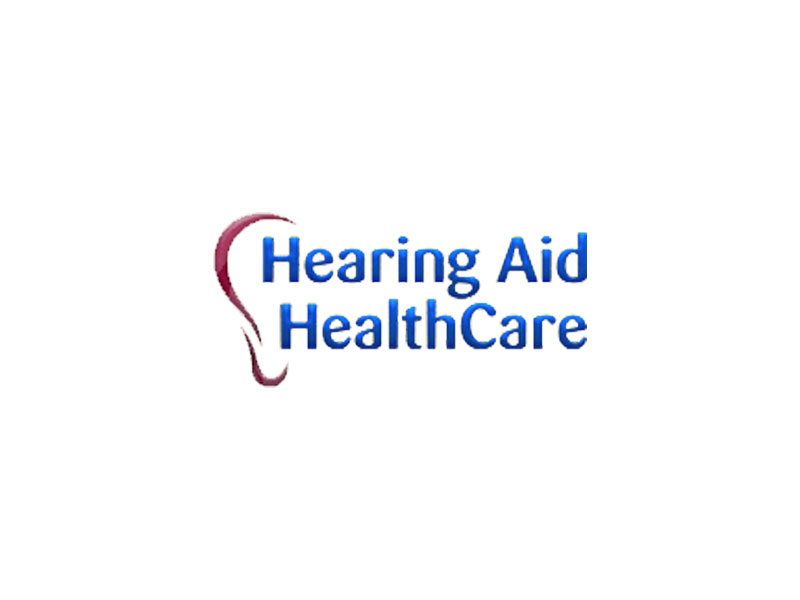One of the most common types of disorders found in newborns is hearing loss. It occurs in 1 – 2% of all newborns. It is therefore important to identify these hearing losses so effective treatments can be implemented.
Many doctors and medical groups have recommended that all infants be screened to test for hearing loss. This recommendation came as a result of studies which showed that children who have their hearing loss identified before six months of age have an equal chance of developing similar skills to children with normal hearing by the time they enter kindergarten.
However if the hearing loss is not identified until the children become 2 or 3 years of age, they may suffer from permanent and irreversible impairments in language, speech, and other abilities in relationship to other children with no hearing loss.
There are a number of different tests which can be used to screen the hearing of infants and detect potential problems. Until recently primarily infants who had a high degree of risk associated with newborn hearing impairment were tested.
However it was found that limiting tests only to a high risk group, many problems in other children were missed. It is now recommended that all babies receive some type of hearing screening prior to them leaving the hospital.
Many hospitals have adopted this protocol as part of their normal procedures with newborns. This has had a significant benefit in terms of identifying those with newborn hearing impairments.
In this way effective treatments can be implemented from an early age and avoid significant developmental problems in these children as they grow older. It provides a much better opportunity for these children to grow and develop normally and give them the best possible opportunities to grow and lead a full life.
